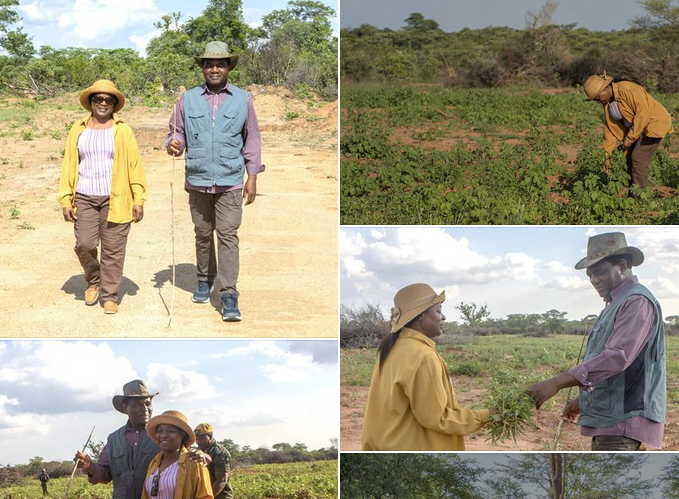Challenging Misconceptions of President Hichilema’s Unseen Efforts in Cholera Control
By Mutale Zulu
Ambassador Emmanuel Mwamba’s recent critique of President Hakainde Hichilema as the “Cholera Champion” is politically motivated and deserving of closer examination.
While Mwamba alleges that President Hichilema has failed to fulfill his role since accepting the appointment as the Global Cholera Control Champion in May 2022, it’s crucial to consider the broader context and acknowledge the unseen efforts undertaken by the current administration.
Firstly, Mwamba’s claim that President Hichilema has done “literally nothing” since his appointment does not align with the reality of ongoing efforts to combat cholera.
The absence of high-profile appearances at cholera-affected areas or global outbreaks doesn’t necessarily equate to inaction. In fact, strategic measures might be in place that operate behind the scenes, contributing to the broader goal of cholera control.
Contrary to Mwamba’s assertion, President Hichilema’s government has been actively engaged in tackling cholera through multifaceted approaches.
While Mwamba criticizes the lack of public awareness programs and preventive measures, it’s essential to recognize that effective strategies don’t always manifest in high-profile events.
The government’s focus on practical initiatives, such as drainage clearing and sanitation improvements, may be less visible but plays a crucial role in cholera prevention.
The claim that President Hichilema abandoned the “Keep Zambia Clean Campaign” might be an oversimplification of the nuanced challenges the administration faces.
It’s essential to understand the intricacies of policy changes and adaptations that may occur to enhance existing campaigns rather than outright abandonment.
Emphasizing the alleged abandonment of the Multi-sectoral Cholera Elimination Plan (MCEP) requires a more thorough examination.
Political transitions often entail a reassessment of existing plans to align them with the current government’s priorities.
The apparent abandonment may be a misconception, as adjustments and improvements to the plan might be underway to enhance its effectiveness.
Furthermore, attributing the cholera elimination efforts solely to President Hichilema oversimplifies the collaborative nature of public health initiatives.
Cholera control requires a collective effort involving various stakeholders, including health professionals, local authorities, and communities.
President Hichilema’s role as a global champion is symbolic and can contribute to international cooperation, but the practical implementation involves collaborative endeavors.
In in the end, we must remember that, while Ambassador Emmanuel Mwamba’s assertions may grab attention, it’s essential to critically evaluate the claims and consider the complexities of cholera control efforts.
President Hichilema’s approach might not be as visible as some critics demand, but the focus on practical, behind-the-scenes measures and collaborative strategies is crucial in achieving long-term success in combating cholera in Zambia.
Dismissing these efforts as mere politicking oversimplifies the multifaceted nature of public health initiatives.
